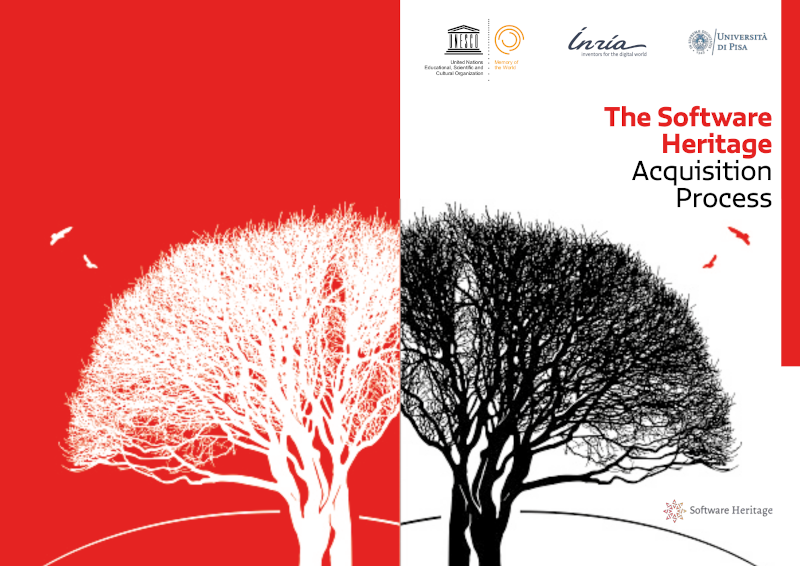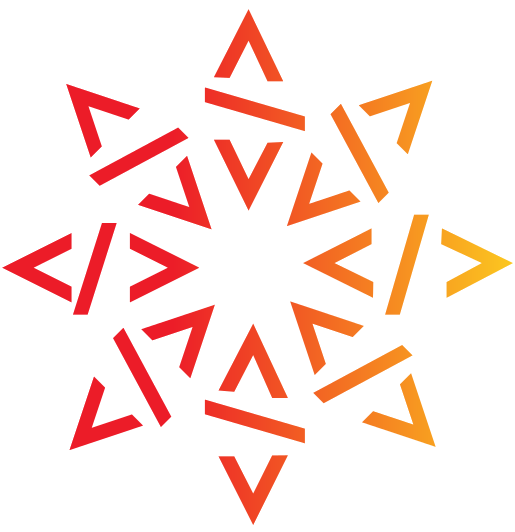Curating and archiving landmark legacy source code: you can help!

A few months ago, experts from all around the world convened at UNESCO headquarters signed the Paris Call on Software Source Code, calling for action to preserve software source code, that has become an essential part of our cultural, technical and scientific heritage. Our mission at Software Heritage is precisely to collect, preserve and share the source code of all software ever written.
An urgent need: salvage landmark legacy source code
Today, we are delighted to make a step forward about an important and urgent challenge: collecting and curating landmark legacy source code written by pioneers of the digital age, many of which are still around, and willing to contribute their knowledge, but only for a limited time. They are spread all around the world, and the amount of knowledge at risk of being lost is huge, so we’ll only succeed if a broad international community steps up to tackle this noble task.
Properly collecting, curating and archiving this kind of legacy source code is not an easy task: one has to cope with the variety of physical media where the source code may be stored, the multiple copies and versions that may be available, the potential input of the authors that are still alive, and the existence of ancillary materials like documentation, articles, books, technical reports, or email exchanges. This involves a significant amount of human intervention, as demonstrated by the pioneering works reconstructing the history of Unix or the source code of the Apollo Guidance Computer.
Guidelines are now available!
Over the past months, we have worked in collaboration with the University of Pisa to develop the Software Heritage Acquisition Process (SWHAP), intended to support and empower all those that are interested to contribute to this effort. Today, we are delighted to announce the first set of SWHAP guidelines, providing concrete, actionable instructions, as well as a detailed walkthrough of the process on a medium sized landmark legacy software developed over twenty years ago at the Department of Computing of the University of Pisa.
There is not much time left, and so much precious source code to collect, curate and archive. You can contribute to this important mission: use the SWHAP process, and start your curation journey today!
